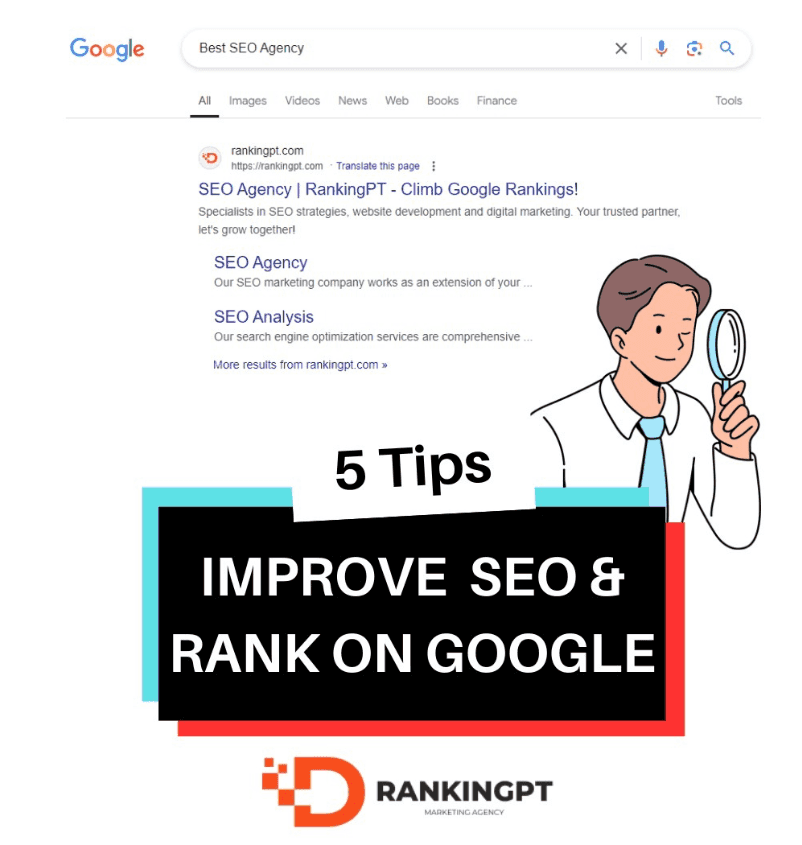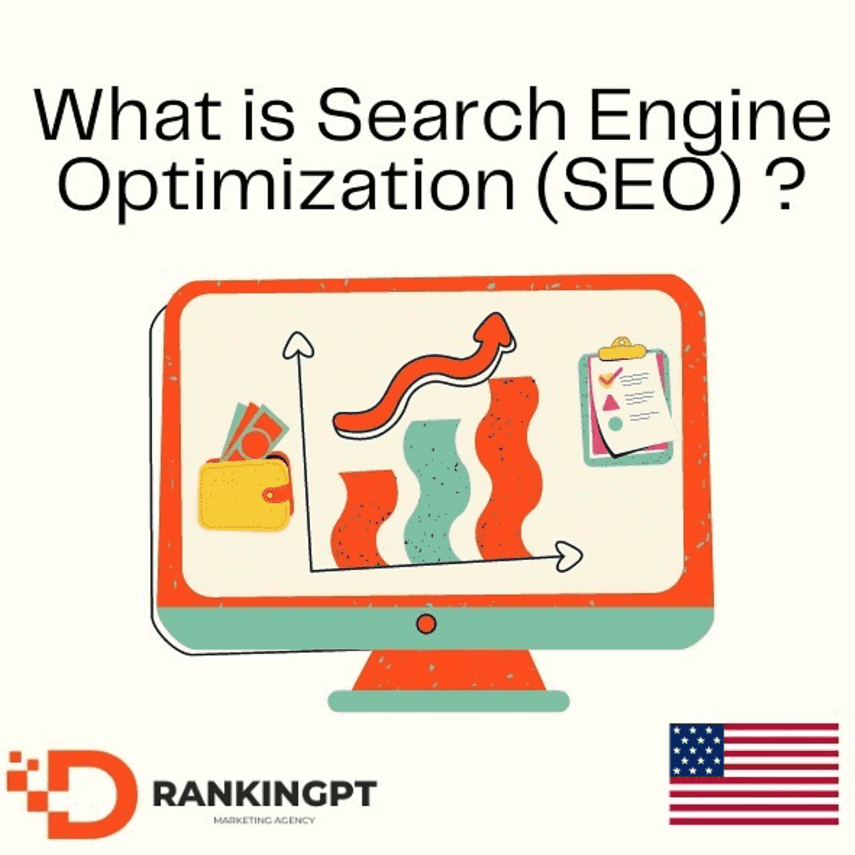Google SGE in France: What It Means for SEO & How to Adapt
Understanding Google SGE: A New Era for Search
Google’s Search Generative Experience (SGE) is an AI-driven evolution of search results, designed to refine user experience and provide quicker, more precise responses. Unlike traditional search, where users navigate through multiple links, SGE synthesizes information into concise, AI-generated summaries, streamlining the search journey.
Google SGE is currently in beta in various regions and is expected to reshape how websites gain visibility in search results. As France gears up for this change, understanding its impact on SEO strategies is critical for businesses, marketers, and content creators.
How Google SGE Works
SGE leverages generative AI to analyze user queries and pull information from various sources, offering direct answers, suggested resources, and deeper insights. Key aspects include:
- Instant AI Summaries: The search engine provides a synthesized response instead of a list of links.
- Conversational Search: Users can interact dynamically with follow-up queries.
- Enhanced Search Experience: Google refines results based on user behavior and preferences.
The Impact of Google SGE on SEO
1. Reduced Click-Through Rates (CTR)
With Google presenting more direct answers, users may find information without clicking through to external websites. This could result in a drop in organic traffic for websites that rely heavily on search engine referrals.
2. Higher Competition for Visibility
SGE’s carousel format displays a limited number of links, often highlighting authority websites. Businesses will need to work harder to secure top positions in AI-generated responses.
3. Content Quality Becomes More Critical
Google SGE prioritizes content that meets E-E-A-T (Experience, Expertise, Authoritativeness, Trustworthiness) guidelines. Content must be:
- Well-researched & authoritative
- Clear, concise, and value-driven
- Supported by trustworthy sources
4. Changes in Ranking Algorithms
As AI-generated search evolves, traditional SEO ranking factors may shift. While backlinks, keyword optimization, and user engagement remain essential, contextual relevance and structured data will play a more significant role in Google’s understanding of content.
5. AI-Powered Local Search Optimization
SGE enhances local search accuracy, offering users tailored recommendations based on geographic relevance. Businesses must ensure:
- Updated Google Business Profiles
- Optimized local keywords
- Accurate and complete business information
How to Adapt Your SEO Strategy for Google SGE
1. Optimize for AI Search & Featured Snippets
To increase visibility in AI-driven search, structure content with:
- Clear headings and subheadings
- Direct answers to common questions
- Bullet points and numbered lists
2. Prioritize Long-Tail & Conversational Keywords
SGE encourages natural language processing (NLP), meaning long-tail and conversational keywords will become crucial. Use tools like:
- Google’s People Also Ask section
- AI-powered keyword research tools
- FAQs structured in conversational tone
3. Leverage Video & Multimedia Content
Google SGE prioritizes varied content formats. Businesses should:
- Optimize YouTube videos (Google-owned platform advantage)
- Embed high-quality images & infographics
- Use structured data (Schema markup) for better indexing
4. Strengthen Brand Authority & Backlink Profile
Earning high-authority backlinks and building brand mentions across reputable sites will enhance domain credibility, helping sites gain traction in AI-generated responses.
5. Monitor Google SGE Rollout & Algorithm Updates
SEO professionals should:
- Regularly track search trends and performance
- Adapt strategies based on algorithm updates
- Utilize Google Search Console for AI search insights
Conclusion: Future-Proofing Your SEO for Google SGE
Google SGE is set to redefine search behavior, making SEO more AI-focused, competitive, and content-driven. By refining content quality, optimizing for conversational search, and diversifying traffic sources, businesses can stay ahead in the AI-powered search landscape.
The key to success? Adapt early, refine continuously, and embrace AI-driven search strategies for a competitive edge in the evolving digital ecosystem.





